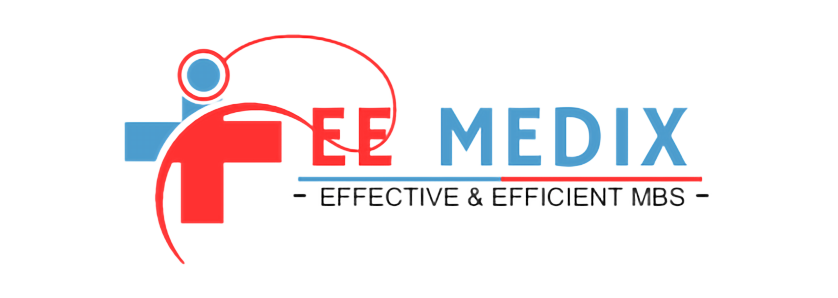Home Health Billing Services
Introduction
In an era where healthcare services are increasingly being provided in the comfort of one’s own home, the importance of efficient and accurate billing services cannot be overstated. Home health care billing services play a pivotal role in ensuring that healthcare providers receive timely and accurate payments for the vital services they offer to patients. In this comprehensive guide, we will delve into the world of home health care billing services, exploring their significance, challenges, and best practices.
Understanding Home Health Care Billing Services
Home health care billing services encompass the processes and procedures involved in billing and reimbursement for medical services provided to patients in their homes. These services are vital for healthcare providers, including home health agencies, skilled nursing facilities, and individual practitioners, as they allow them to receive compensation for their services.
The Significance of Accurate Billing
Revenue Optimization:
Accurate billing ensures that healthcare providers receive the rightful compensation for the care they deliver. This revenue is essential for the sustainability and growth of home health care agencies.
Compliance and Legal Requirements:
Billing inaccuracies can lead to compliance issues and legal repercussions. Adhering to billing regulations and guidelines is crucial to avoid penalties.
Patient Satisfaction:
Efficient billing services can positively impact patient satisfaction. When patients receive transparent and clear bills, it enhances their overall experience with the healthcare provider.
Challenges in Home Health Billing
Complex Regulations:
Home health care billing is subject to intricate and ever-evolving regulations at both federal and state levels. Keeping up with these regulations is a constant challenge.
Documentation:
Accurate billing relies heavily on detailed documentation of patient care. Incomplete or inaccurate documentation can lead to billing errors.
Reimbursement Delays:
Delays in reimbursement can strain the financial health of home health agencies. Timely and efficient billing processes are essential to mitigate these delays.
Best Practices in Home Health Billing
Stay Informed:
Continuously educate yourself and your staff about changes in billing regulations. This will help you stay compliant and avoid costly mistakes.
Robust Documentation:
Invest in electronic health records (EHR) systems that streamline documentation and reduce the risk of errors. Ensure that your staff is trained in proper documentation practices.
Quality Assurance:
Implement quality assurance processes to review billing claims for accuracy before submission. This step can significantly reduce denials and delays.
Utilize Technology:
Leverage billing software and technology to automate repetitive tasks, track claims, and monitor reimbursement status. This can improve efficiency and reduce administrative burdens.
Outsourcing:
Consider outsourcing your billing services to specialized companies with expertise in home health care billing. They can often provide cost-effective solutions and relieve your staff of billing responsibilities.
FAQs
What is home health care billing?
Home health billing refers to the process of generating invoices and submitting claims for reimbursement for medical services provided to patients in their homes. It includes coding, documentation, and submission of claims to insurance companies, Medicare, Medicaid, or private payers.
Why is accurate billing important in home health care?
Accurate billing is crucial to ensure that healthcare providers receive proper compensation for the services they provide. It also helps maintain compliance with regulations, reduces financial risks, and enhances patient satisfaction.
What are the common challenges in home health billing?
Common challenges include staying updated with complex and changing billing regulations, ensuring complete and accurate documentation, dealing with reimbursement delays, and managing the administrative workload associated with billing.
How can I stay compliant with billing regulations in home health billing?
To stay compliant, it’s essential to stay informed about regulatory changes, provide regular training to your staff, and consider outsourcing billing to professionals who specialize in home health billing.
What is the role of electronic health records (EHR) in home health billing?
EHR systems are critical for accurate billing as they facilitate proper documentation of patient care. They help reduce errors, streamline billing processes, and improve the overall efficiency of healthcare providers.
What can I do to expedite reimbursement for home health care services?
To expedite reimbursement, you can implement efficient billing processes, review claims for accuracy before submission, and utilize technology to track the status of claims. Outsourcing billing to experts can also help reduce delays.
Staying informed through industry publications, attending seminars or webinars, and joining relevant professional organizations can help you stay up-to-date with billing regulations and industry trends in home health billing.
These FAQs should provide valuable information to your readers and address common queries related to home health care billing services.

